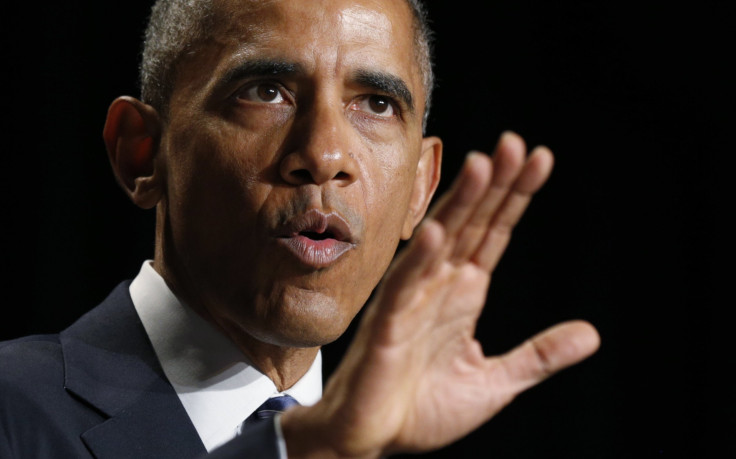Obama Links Christian Crusades To ISIS: What To Know About Historic Muslim War Amid Bad Things Done 'In The Name Of Christ' Statement

President Barack Obama raised an outcry this week for referencing the Crusades while condemning the atrocities of the Islamic State group, making him the second U.S. president in a row to spark controversy by referring to the medieval conflict between Muslims and Christians. Speaking at the annual National Prayer Breakfast on Thursday, Obama cautioned Christians against assuming that the militants also known as ISIS represented Islam by pointing to historical examples of Christian violence.
“Humanity has been grappling with these questions throughout human history,” he said. “And lest we get on our high horse and think this is unique to some other place, remember that during the Crusades and the Inquisition, people committed terrible deeds in the name of Christ. In our home country, slavery and Jim Crow all too often was justified in the name of Christ.”
Obama's remarks prompted a livid response from some Republicans, with former Virginia Gov. Jim Gilmore calling them the most offensive he’d ever heard from a president in his lifetime, reported the Washington Post. “He has offended every believing Christian in the United States. This goes further to the point that Mr. Obama does not believe in America or the values we all share.”
The Crusades began in 1095 with a call by Pope Urban II to liberate Jerusalem from the Muslim Turks, sparking two centuries of conflict between Christian armies from Europe and Muslims in the present-day Middle East. Tens of thousands of people were believed to have been killed in the bloody wars between the various armies, which also included mass killings of Jews and other civilians by crusading fighters, according to PBS.
President George W. Bush similarly angered some in the aftermath of the Sept. 11, 2001, attacks when he talked about waging a “crusade” against terrorism. The term cast the U.S. war against terror groups as a clash between the Christian West and the Muslim East, according to critics around the world. Bush’s religious rhetoric around the U.S.-led war in Iraq starting in 2003 only reinforced these concerns, with some prominent Muslims arguing that the goal of American military involvement in the Middle East was to “harm Muslims,” as noted by the San Francisco Chronicle.
The brutal wars from 900 years ago have come to symbolize a civilizational conflict between Islam and Christianity, according to Georgetown University’s Nick Danforth, who said the narrative “remains popular with both Muslim extremists and American conservatives alike,” writing in a commentary for Al Jazeera. “The way we talk about the Crusades tells us a lot more about the world we live in than the Crusades themselves could.”
© Copyright IBTimes 2025. All rights reserved.






















